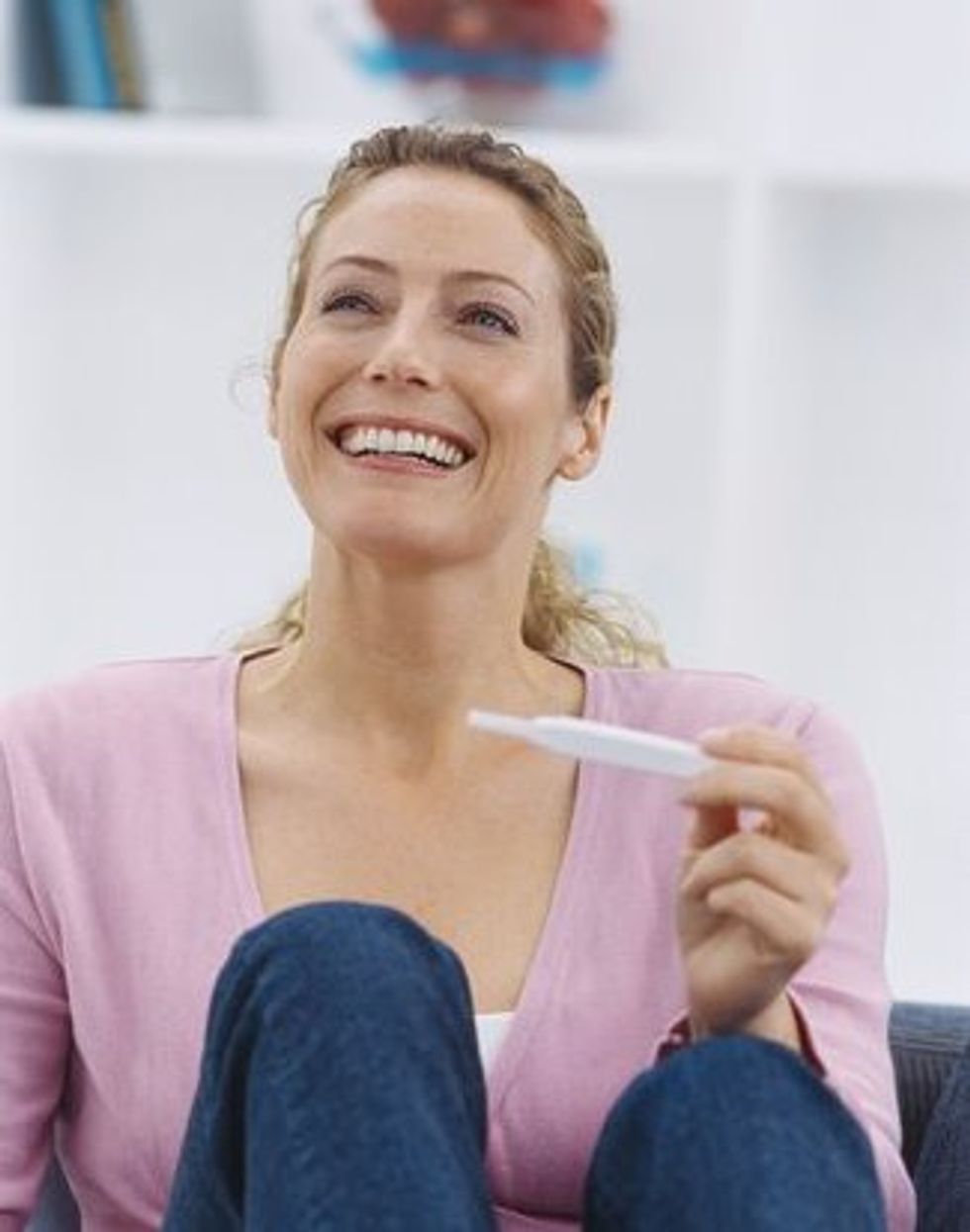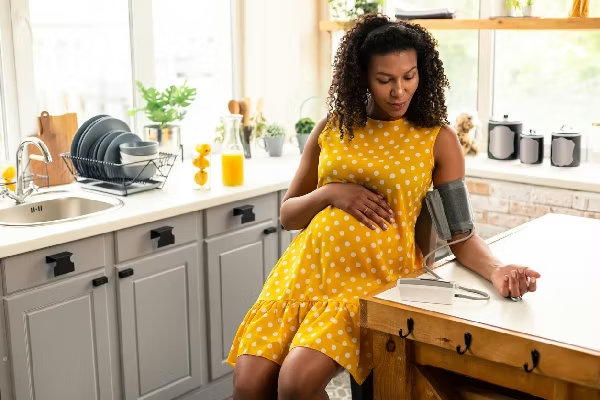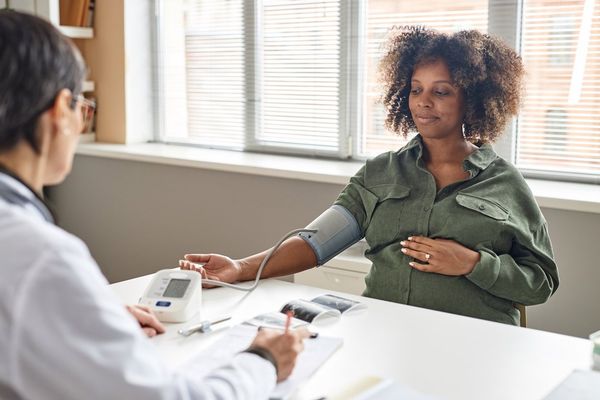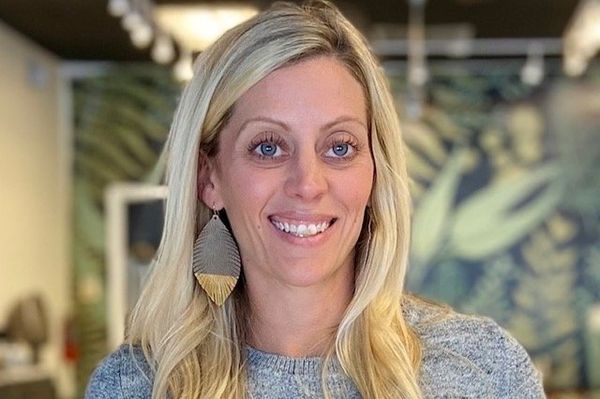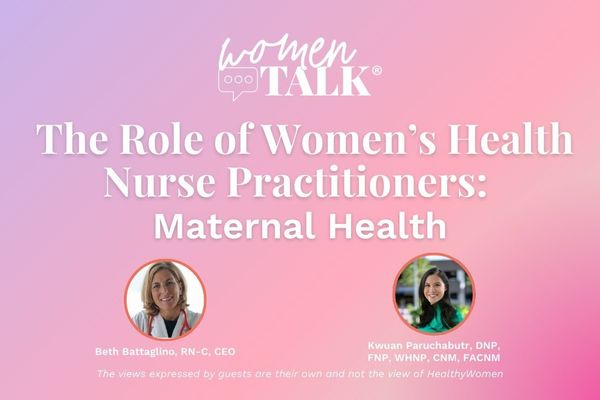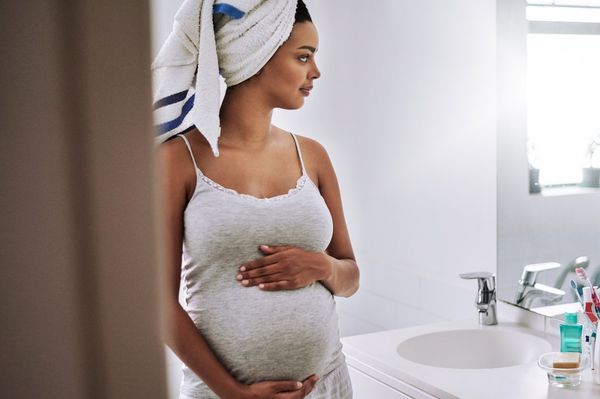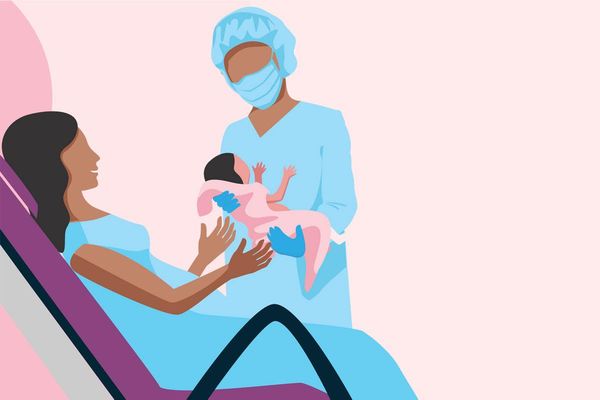Thinking of getting pregnant but not sure what steps you should be taking to prepare your body and your home? Maybe you've heard that switching to some organic foods is the way to go, but your not sure where to start or what else you should be doing. No worries, we've got some answers. In a recent post for thedailygreen.com, Alexandra Zissu, co-author of The Complete Organic Pregnancy gave her advice on what you might want to add to your regimen and purge from your life.
1. Up Your Nutrient Intake
Take a prenatal vitamin. Folic acid is especially important at this phase of life as it can help prevent neural tube defects even before you know you're pregnant.
2. Eat More Whole Foods
Vitamins can only do so much, real food is crucial. Increase your whole foods intake overall, making sure to eat a varied diet, as if you're training for the (baby) Olympics. Take care to eat organic food, especially when it comes to items highest on the food chain like meat. Hit the farmers' markets, or get a share in a Community Supported Agriculture farm to benefit from all of the fruits and vegetables that will soon be in season.
3. Give Up Caffeine and Alcohol
Going cold turkey can be tough (trust me), especially with caffeine. Tea can help with the weaning; steep it weaker and weaker until you're off.
4. Test Your Water
Drinking enough water is essential when pregnant, so have your water tested for contaminants now. (If you live in New York, call 311 to have free test kits sent to you). Filter accordingly, based on results. Install a showerhead filter, too. Much can be inhaled over the course of a shower.
5. Audit Your Kitchen for Toxic Products
Make sure what you're drinking out of, cooking in, and storing your food in is safe. Materials like cast iron, stainless steel, glass and lead-free ceramic have stood the test of time and are known to be ok, health-wise. Plastics are less so. If using plastic, make sure it is one of the plastics considered to be safest (#2, #4, #5), and free of hormone disrupting chemicals. Don't ever put plastic in the microwave.
6. Test for Radon, Lead and Other Contaminants
Test the rest of your home for contaminants -- lead paint, radon and the like -- and deal with whatever you run into in the most eco-friendly way possible. Also, if you don't already have a carbon monoxide monitor, plug one in.
7. Replace Toxic Cosmetics, Personal Care Products and Other Suspect Products
Replace all products -- from cosmetics to cleaning products -- with versions that are safer for you and for the environment. There are chemicals in everything from window cleaner to caulk to pimple medication to nail polish remover that are known to be harmful to average adult, and are that much more so to a growing baby. Some of these substances may even interfere with fertility.
8. Stop Using Pesticides and Chemical Fertilizers
If you garden, get rid of all conventional pest sprays and fertilizers, and replace them with organic versions. If you have an insect infestation inside your home, use safer insecticides, integrated pest management, and less toxic traps. Even if you're not personally the one gardening or exterminating, there are residual chemicals from these products lingering in your home and could be potentially very harmful to your baby.
9. Don't Renovate
If you're thinking about renovations, just say no. Try sprucing up instead of renovating as construction materials, paint, dust, caulk and glue all contain harmful substances you don't want to be inhaling when trying to get pregnant or pregnant. If you're going to renovate, do it green. And for whatever work you ultimately choose to do, vacate the premises during and after to provide for adequate ventilation.
10. Replace Crumbling Furniture
If you have any furniture with exposed crumbing foam and torn cushions, replace, replace, replace. Flame retardants in foam have been found in house dust, umbilical cord blood, and breast milk. New furniture should be as natural as possible - hard wood, for example, is safer than cheap particleboard, which contains varying levels of formaldehyde from glues. Not something you want around a growing baby.
For more tips:
-Order The Complete Organic Pregnancy

